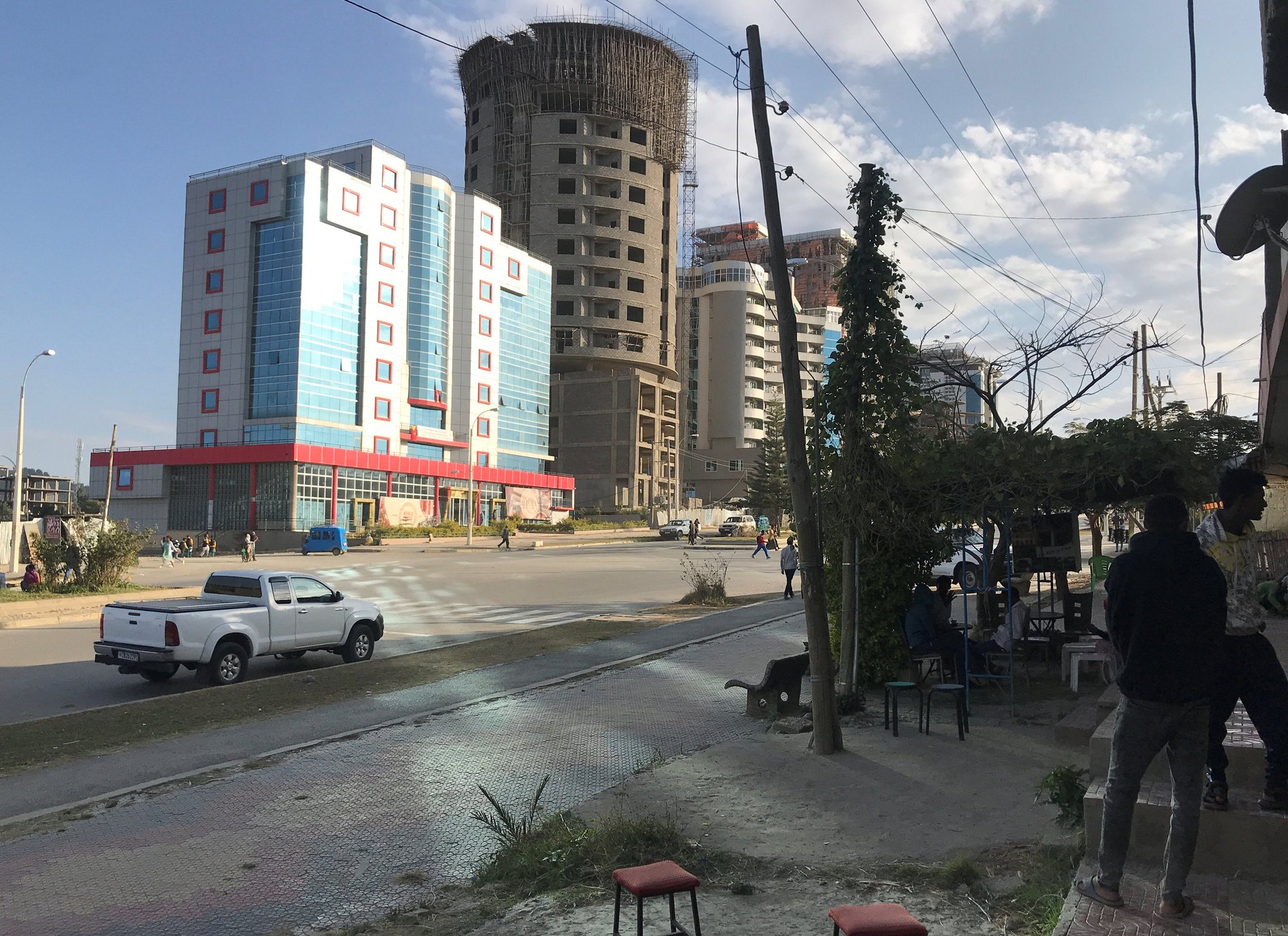Electricity is back in Tigray after a two year blackout
This does not mean businesses can resume full operations because the war caused the internal displacement of millions of Ethiopians, hence no customers

A 22-month power blackout in Mekelle town, located 933 km north of Ethiopia’s capital Addis Ababa, has come to an end after the government restored electricity on Dec. 6.
Mekelle is the capital of Tigray, the region that has been plagued by armed conflicts from November 2020 that ended only last month, leaving between 385,000 and 600,000 people dead, according to an August estimate.
Power in the town was disconnected in February 2021, after the 230 KV high power transmission line from Alamata to Mekoni, 126 km from Mekelle, was damaged during the fighting.
Businesses in Mekelle, which has a population of at least 564,000 people, have been paralyzed by the war as people fled the town, and it remains to be seen if the restoration of electricity will attract those returning to the area, to reopen their businesses.
State-run telecommunications firm Ethio Telecom, whose infrastructure was also tampered with during the conflict, has restored communication services in Shire town, 136 km from Mekelle. Ethiopians in the diaspora told the BBC they have made their first home calls after two years.
Internet blackout continues in Tigray
But the entire Tigray region, home to over 5 million people, is still locked out of the internet and there seems to be no clear date when that will be restored.
“There is no timeline,” Ethiopia’s innovation and technology minister Belete Molla told delegates on Nov. 30 during the UN annual Internet Governance Forum in Addis Ababa. Ethiopia is among African countries notorious for censoring the internet. In 2020, internet throttling cost the country $100 million.
The government has previously accused Tigrayan fighters of deliberately destroying power lines and transfromers, but the Tigrayan authorities have claimed that the government, on top of disconnecting power, has also been paralyzing banking and communication services in areas under their administration.
Since the war broke out in November 2020, the UN estimates that 2.5 million civilians were displaced in 2021, raising total displacements to a record 5.1 million people in the country. Some 60,000 people fled to eastern Sudan.